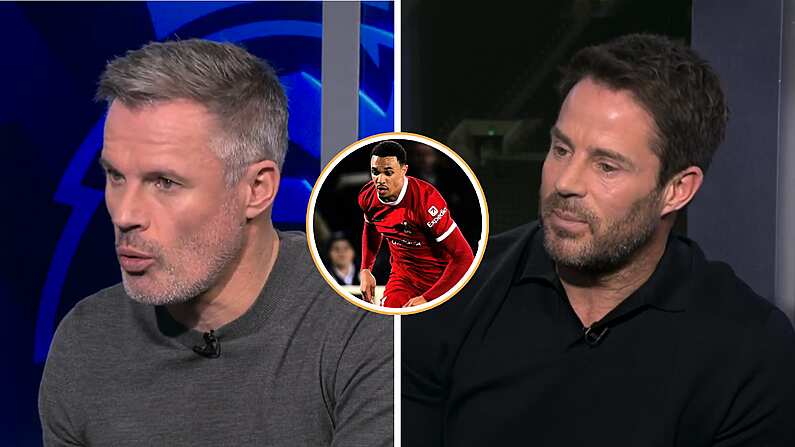A rather interesting study has been conducted by BettingExpert.com have completed what sounds like an excruciating task in analysing the followers of each and every verified Premier League player's twitter account, and they've found some surprising results.
What is a fake follower? Accorting to BettingExpert it is as follows:
As bettingexpert promotes transparency and facts in sports and betting, we have analysed all verified Premier League players' Twitter accounts and individually tested them for number of fake followers.
Fake accounts are characterised by three things: They have few followers, they never/rarely tweet, and they follow a high number of other users.
So with that in mind they set about to find out which clubs and players have both the least, and most, fake accounts following them on twitter:
Here are the percentage of fake followers for each club.
Sort yourselves out, Watford!
And both Mesut Ozil and Wayne Rooney feature in the list of players with the least amount of fake followers:
The opposite end of that list suggests that Watford midfielder Jurado is showing off his training pics to a bunch of robots..
But naturally we here at Balls.ie wanted to know how this relates to Irish internationals.
We've combed through the list to find the Irish lads, and here they are starting with the realist, James McClean..
James McClean - West Brom - 15%
Harry Arter - Bournemouth - 18%
Jon Walters - Stoke - 20%
Shane Long - Southampton - 22%
Seamus Coleman - Everton - 24%
James McCarthy - Everton - 28%
Shay Given - Stoke - 33%
Ciaran Clark - Aston Villa - 34%
There you have it. One in 5 people that follow Jon Walters aren't real people. That's hard to accept.
If you had to guess who had the least without knowing the result, chances are you'd go for McClean, because it's very, VERY, obvious that the people who interact with him on twitter are real.. And angry.
What does it mean? Not much. It's not like these guys are going out and paying people to follow them, but rather bots are following major sports stars to get access to the people who like or comment on their page, but still it's an interesting study.
We hope those who had to analyse each follower were paid handsomely for that incredibly mundane work.










